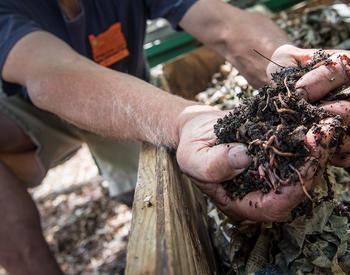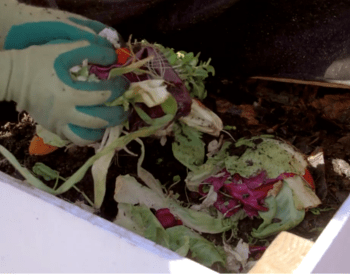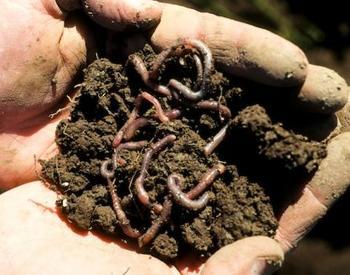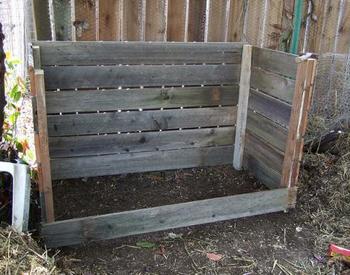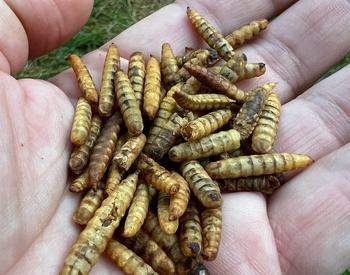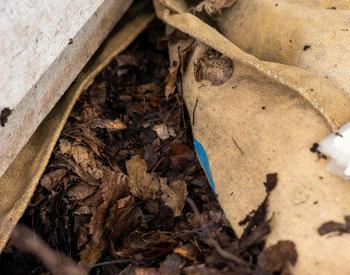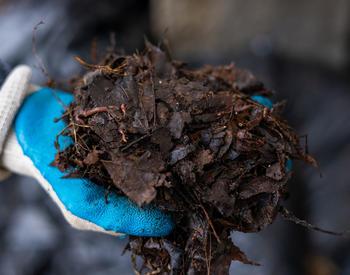I barbecue a lot, and wind up having to dispose of ash leftover from hardwood charcoal (no “briquettes”). Can I put it in my compost and or worm bin? How about on my vegetable garden or flowerbeds?
Here we are talking about actual wood (not briquettes, as you say), not treated or painted (not that you would barbecue with those, in any case).
Wood ashes do contain nutrients, most prominently potassium. Knowing the potassium level in your soil would be helpful; you don’t want to over-do it. Wood ashes are quite alkaline. Knowing whether your soil is more acid or more alkaline is also important, when considering adding them to a compost pile or a garden bed.
All that said, a moderate use of wood ashes can be appropriate. Hardwoods, as you are using, contain about five times the nutrients of softwood, so keep that in mind, over all.
Here are some guidelines:
- Scatter the ashes. Placing them in piles can concentrate the nutrients and burn roots. Same in the compost pile—scatter a small amount as you build the layers, and mix thoroughly.
- Do not use high alkaline ashes or compost to acid-loving plants--blueberries, rhododendrons, azaleas, etc.
- Avoid using ashes around newly-planted seeds.
Little is said about using wood ashes in worm bins. What is said is to use caution to avoid a concentration of the ashes in one spot and that it is possible to develop an ammonia odor from escaping nitrogen.
A longer discussion on using wood ashes in the garden can be found in the Oregon Extension publication Fertilizing Your Garden: Vegetables, Fruits, and Ornamentals.
